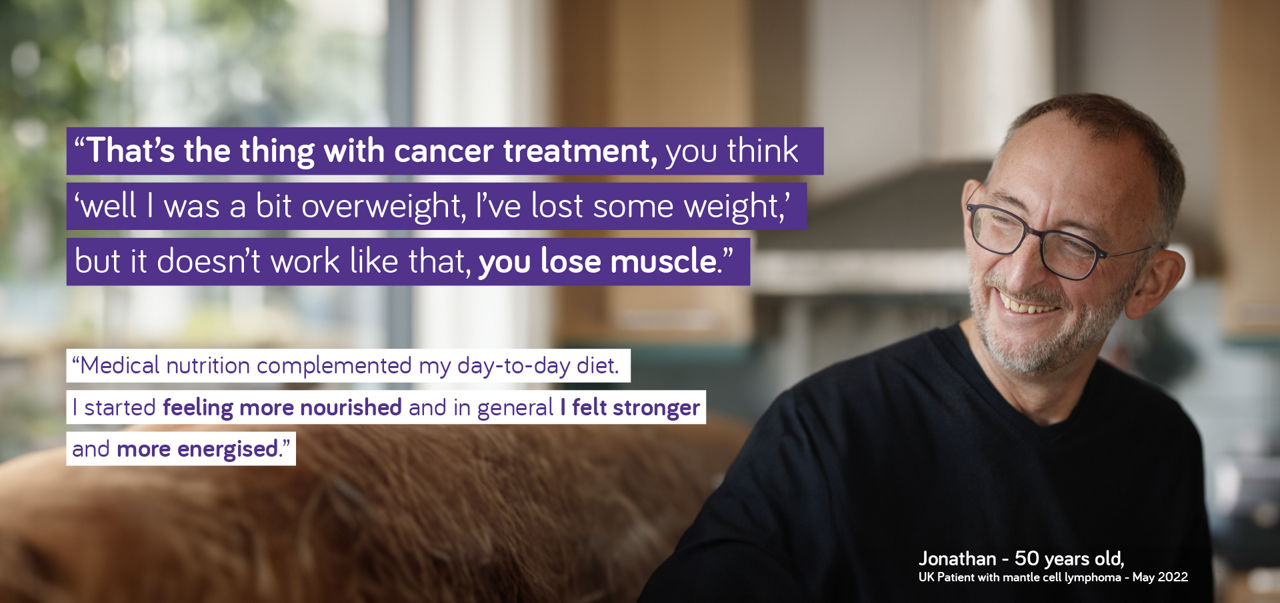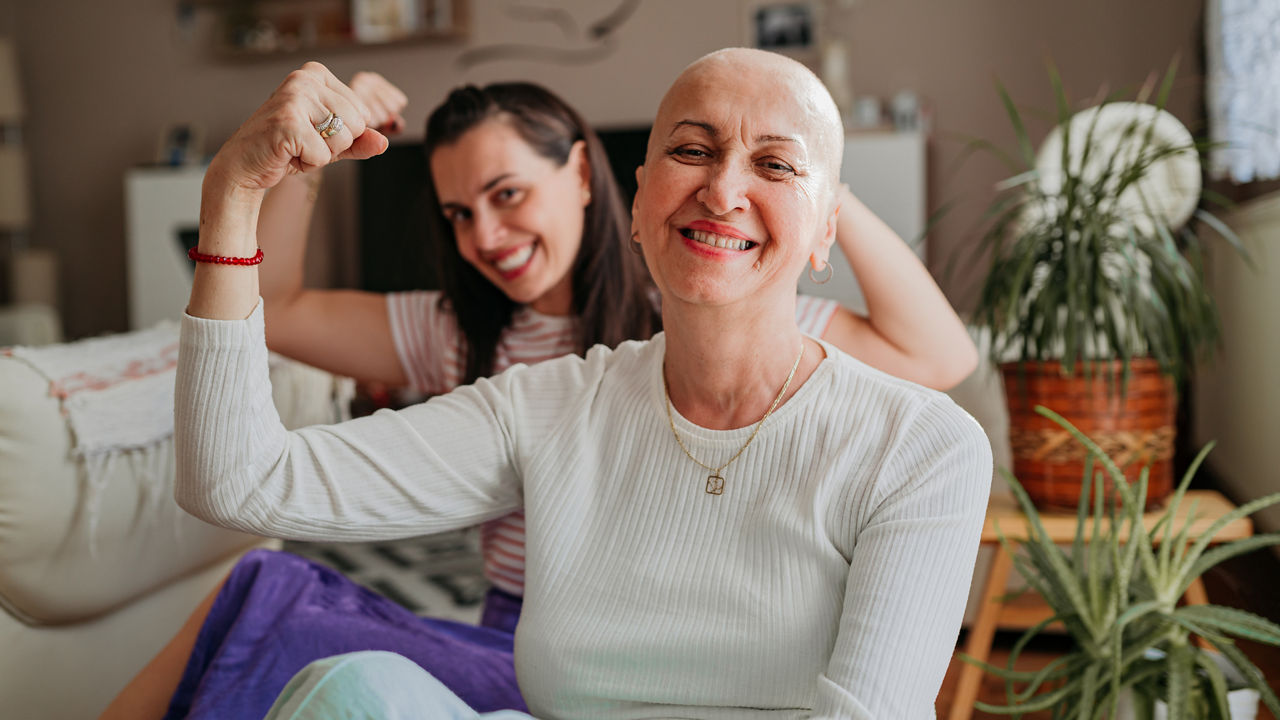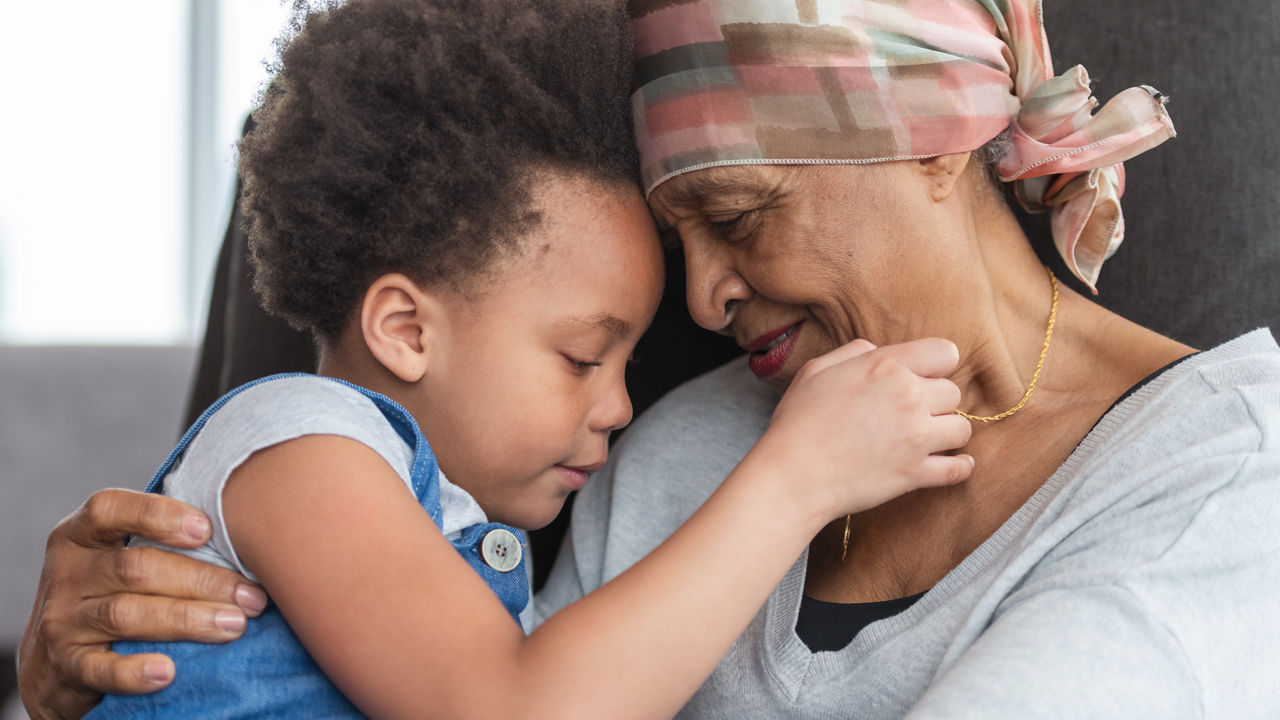If you are worried about unexplained weight loss or a poor appetite, either for yourself or for someone you care for, here are some things you can do:
- Regularly check and keep track of your weight and appetite.
- Check if you are at nutritional risk by using simple tool such as:
Self Screening Tool for Malnutrition - Eating a wide variety of foods gives us the nutrients you need including vitamins, minerals, calorie and protein dense food
- Try small, frequent meals or snacks instead (say every 2 hours) and make the most of when you feel hungry
- Sometimes it can be difficult to remember what you’ve eaten or how you were feeling. To help you keep track of good days and not so good days try using the:
Wellbeing Diary - Discuss your concerns with a healthcare professional
If you or a loved one are struggling to eat and drink or are experiencing weight loss, or are noticing changes in your taste, talk to your healthcare professional. The healthcare team can help you identify the underlying cause and provide tailored guidance to address your concerns.
Remember that unintentional weight loss is never a normal part of life, and it's important to address it promptly during cancer. Don't let nutritional concerns take a backseat during cancer – let’s close the cancer care gap with nutrition!
Learn more about the role of medical nutrition in cancer care:






